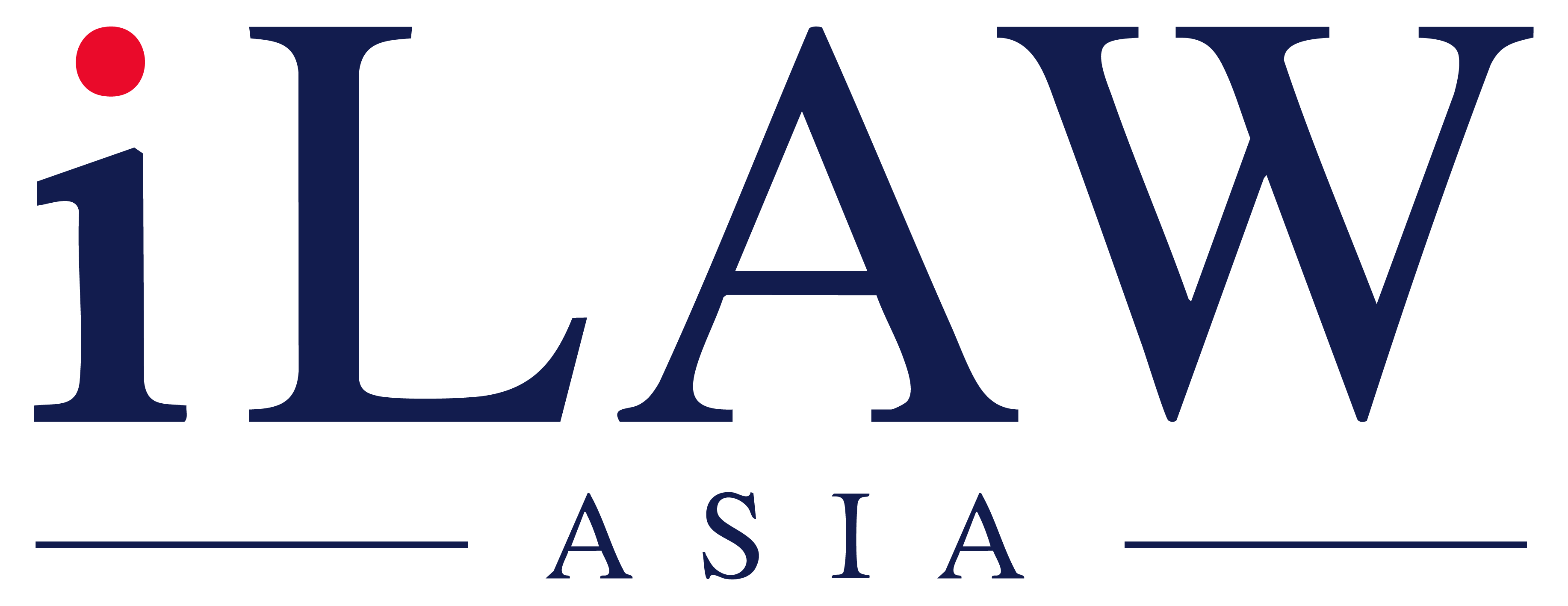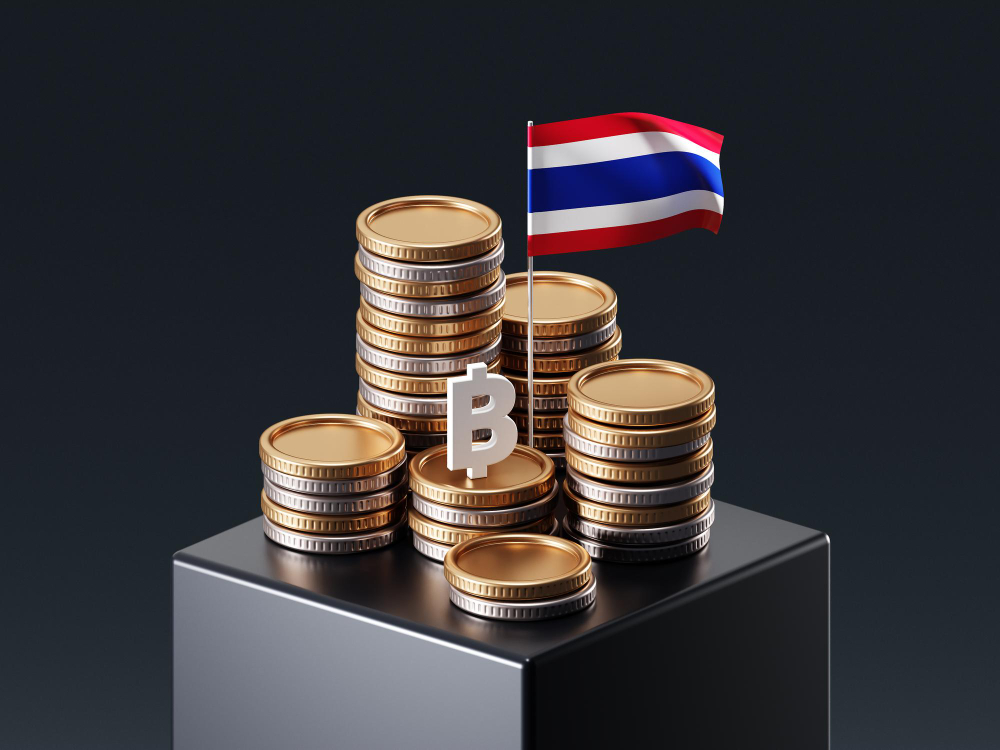Modernizing Thailand's Patent System- Key Updates in the New Draft Patent Act

Thailand is taking a significant step to support innovation with key changes to its patent system. The Draft Patent Act brings the most comprehensive update in over 40 years, expanding its provisions from 88 to 171 sections. These changes aim to streamline the application process, enhance legal clarity and bring Thailand’s patent system in line with international practices.
Key proposed updates include:
- Revised Non-Patentable Inventions
The list of inventions considered non-patentable will be broadened, with surgical methods formally categorized as ineligible subject matter.
- Transparency
New provisions will require applicants to disclose the source of biological resources or traditional knowledge used in their inventions, promoting greater transparency.
- Examination Process
Under the new draft, the first publication of a patent application will be set at 18 months from the filing or priority date. The timeframe for requesting substantive examination will be shortened to three years from the filing date. A second publication stage will be introduced after the examination and before registration, with the opposition process moved to this stage—replacing the current system where oppositions occur after the first publication.
- Amendments to Official Fees
The draft introduces an increase in certain official fees. The filing fee for an invention patent will increase from THB 500 to THB 3,500 (approx. USD 100) for the first 30 pages, with an additional charge of THB 40 (approx. USD 1) per extra page. Additionally, late submission of translations for national phase PCT applications will be allowed, subject to a THB 3,000 (approx. USD 90) surcharge.
- Recordal of Patent License
Under the current law, patent licenses must be registered with the Patent Office. The new draft will change this requirement, making license registration optional rather than mandatory.
- Introduction of Special Compulsory License for Pharmaceuticals
A new provision introduces special export licenses for medicines, in accordance with Article 31bis of the TRIPS Agreement. This allows Thailand to issue compulsory licenses for the manufacture and export of patented pharmaceuticals to least-developed countries lacking production capacity.
These reforms represent a significant development toward modernizing Thailand’s patent system, making it more accessible and efficient for both local and global innovators. We will continue to monitor developments and share further updates as the new law progresses.
Author
Related Practices
- IP














